Afema’s heart burns for the visually impaired
- Afema got blind as a baby
- The visually impaired Afema, could not study due to his condition
- In Uganda, about 5.9% of the population is visually impaired, which is about six out of every 100 people.
By Aluma Clement
Afema Robinson, a resident of Arua city, developed blindness as a baby.
As he grew up, he could not go to school due to severe low vision. At 8 years of age, his parents met Dr Keith Waddell in April 1992 in Kuluva hospital. He was operated on with both eyes.
At that time, he was the first Ugandan child who had a successful intraocular lens in plant surgery. After a successful surgery, Afema regained sight. Afema and the family were sent into jubilant mood.
He then joined primary school. An intraocular lens implant is an artificial replacement for the lens of your eye. It is part of the surgery to fix cataracts.
And in 2006, he joined Nursing school in Kuluva Nursing sponsored by Dr Keith Waddell.
Completed his studies in 2009 and joined Dr Keith Waddell’s mobile eye team (Uganda Eye Project) and he became Dr. Keith’s assistant giving him instruments in eye surgeries.
His zeal to help visually impaired made him to work in various regions in Uganda and across South Sudan restoring sight for thousands of blind people.
Currently Robinson is working in Ruharo eye Hospital, Mbarara, department of Cancer of the eye for Children (Retinoblastoma).
Appreciating Dr Keith Waddell for the tremendous work saving the eyes of millions of blind people and educational care for many blind children in Uganda.
Afema Robinson however has unique vision for many visually impaired children in Africa as a rehabilitative plan; “education for the visually impaired children’’
In 2023, Afema founded a CBO named Sight for Africa; not for profit making, non- governmental organization aiming at improving education for the visually impaired children.
The management of sight for Africa is focused to see that the organization progresses to save the future of the vulnerable visually impaired children in West Nile, Uganda and Africa at large through improved educational system.
Related Story: For seven years, Mamadou can now see the world – West Nile Press
Joseph Asea, the Deputy Head teacher of Arua Demonstration Primary school admitted that Sight for Africa had done a lot in the school to sensitize children in the school about the plight of blind children and the challenges they face at school.
The school which was initially for only blind boys now also admits girls due to demand by the parents.
We lack computers for the blind, we have been lobbying from well-wishers and donors, but we have not succeeded. We also lack braille machines
He added: “The ones we have now are shared between pupils and teachers, the textbooks we have are of old syllabus, but we do not have the new one.”
Afema said he honors and appreciates Prof. Suzanne K Freitag, the director, Ophthalmic Plastic Surgery Massachusetts Eye and Ear Infirmary Harvard Medical School USA who has been the major key player behind Sight for Africa in mentorship and encouragement.
In Uganda, about 5.9% of the population is visually impaired, which is about six out of every 100 people.
Some common causes of blindness in Uganda include cataracts, allergies, diabetic and hypertensive retinopathy, and presbyopia.
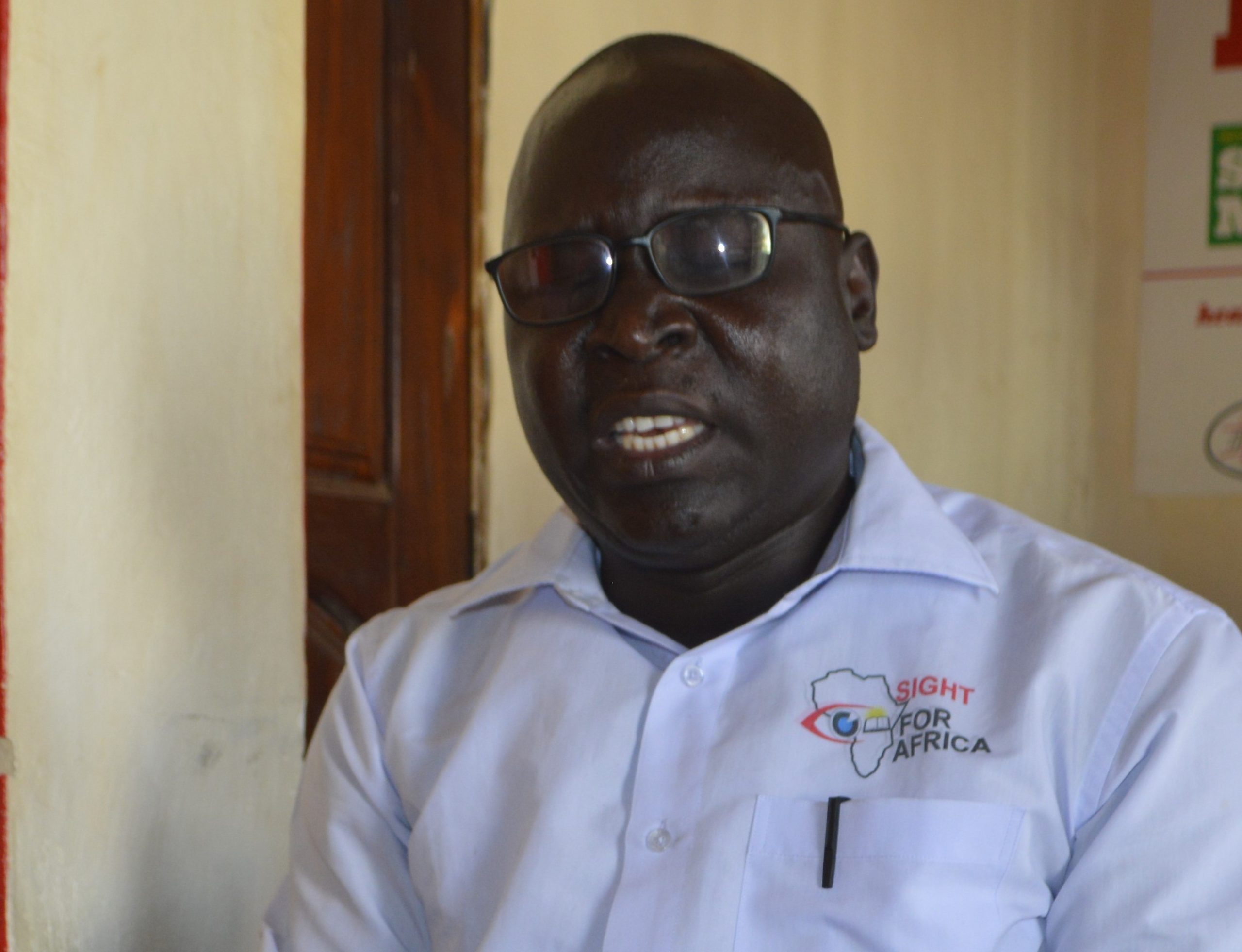
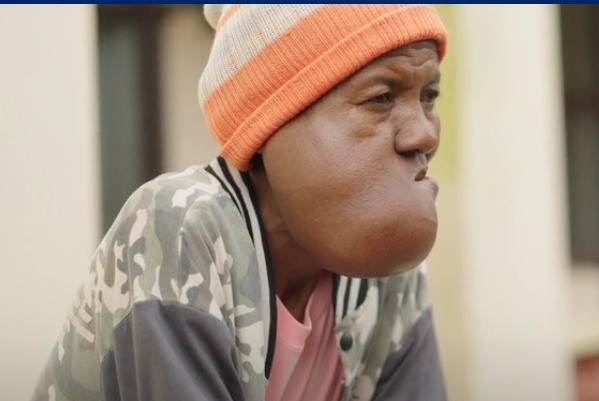
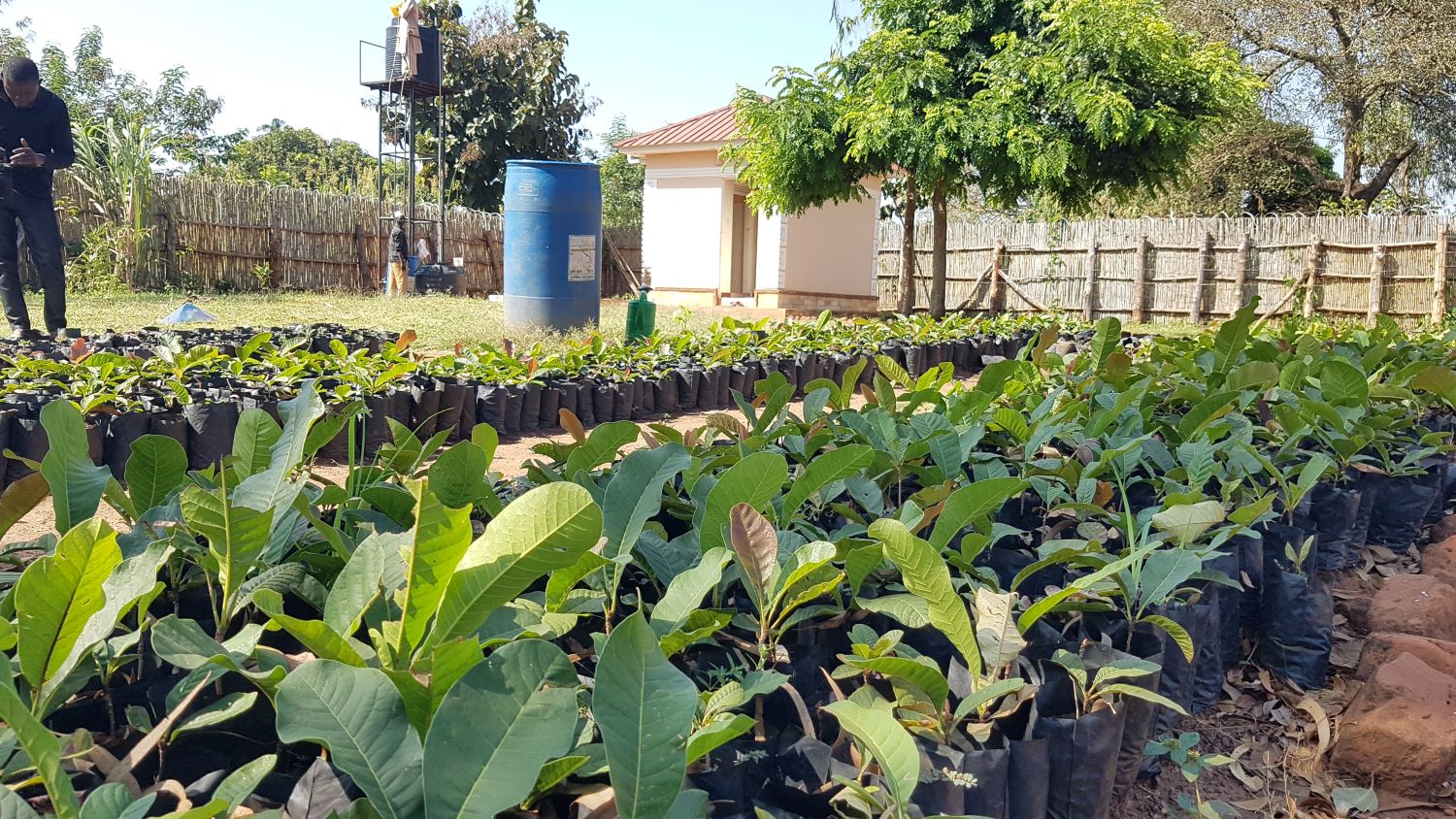

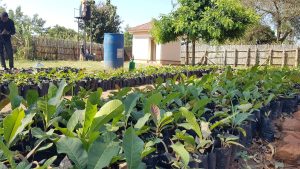

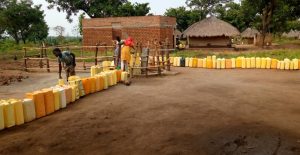
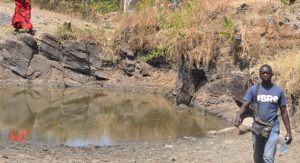






Post Comment